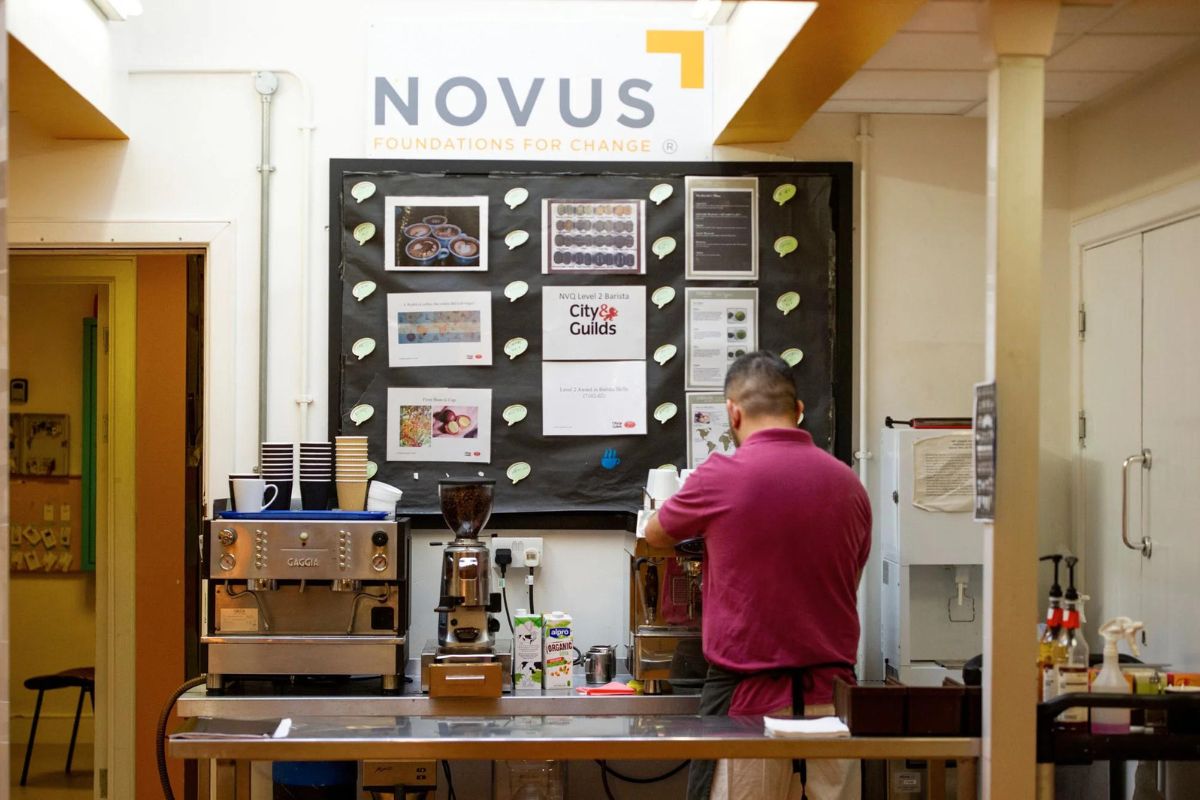TACKLE RECRUITMENT CRUNCH TO UNLEASH £23 BILLION BOOST TO ECONOMY

The UK has suffered the biggest drop in employment of G7 countries through the pandemic, leaving employers short of workers. New research by Learning and Work Institute suggests that a plan to get 1.7 million people back to work could boost the economy by £23 billion per year and increase annual incomes of the poorest households by up to £2000.
Despite low unemployment, employers are struggling to fill all their roles. A key reason is an exodus of people over 50 and those who are long-term sick from the labour market, a trend not seen in most other countries and likely exacerbated by long NHS waiting lists. Many of these say they want to work, but the research finds only one in ten are getting help from the Government to look for jobs. That’s because current support from Jobcentre Plus is mostly focused on those who are unemployed and claiming benefits, meaning millions miss out.
In its new report, Towards full employment, Learning and Work Institute shows that, to tackle the stagnating labour market and have the highest employment rate in the G7 within a decade, on a path to a world-leading 80% employment rate by 2035, an extra 1.7 million people would need to be in work. This would help boost our economy by £23 billion, improve the public finances by £8 billion, and raise average household incomes by £830 per year. It would require a step change in the scale and reach of employment support, in particular to better help disabled people and older people who want to work.
Stephen Evans, Chief Executive at Learning and Work Institute said:
“Increasing the number of people in work can contribute to the new Prime Minister’s goal of growing the economy. But only one in ten out-of-work disabled people and over 50s getting help to find work now, so there’s huge potential for rapid change. Getting an extra 1.7 million people into work would help ease the recruitment crunch, boost the economy by £23 billion per year, and could increase the annual incomes for the poorest households by £2,000. This is even more urgent as the cost of living crisis deepens.”
“We need to see significant investment in joining up health and work support and finding new ways to link up employers with those wanting a job. To do it right, this could cost up to an extra £1 billion per year to deliver but would ultimately save taxpayers money, grow our economy and help people and employers. Not acting would be a false economy.”












Responses